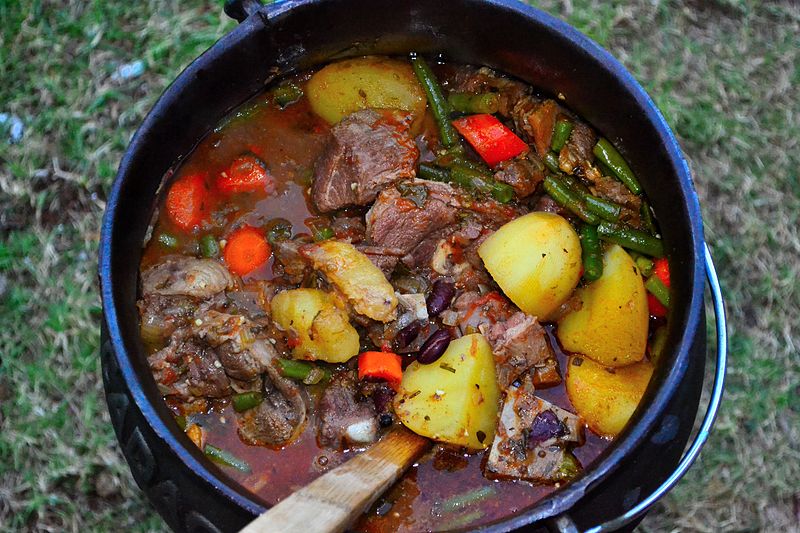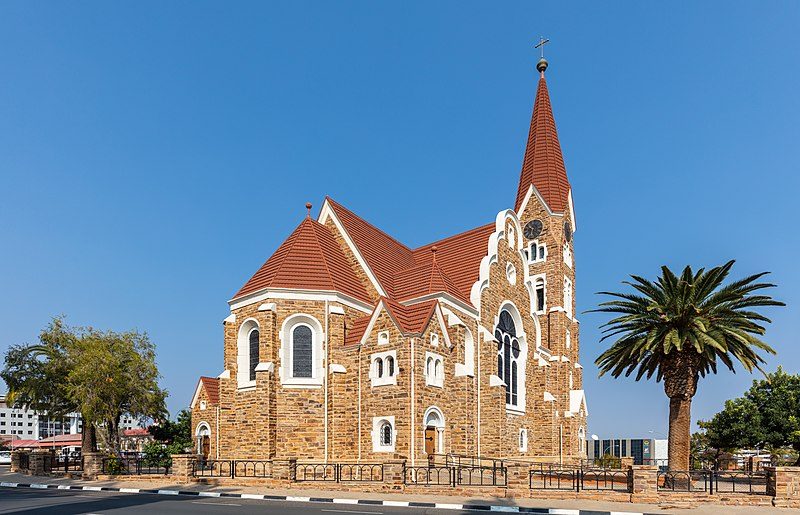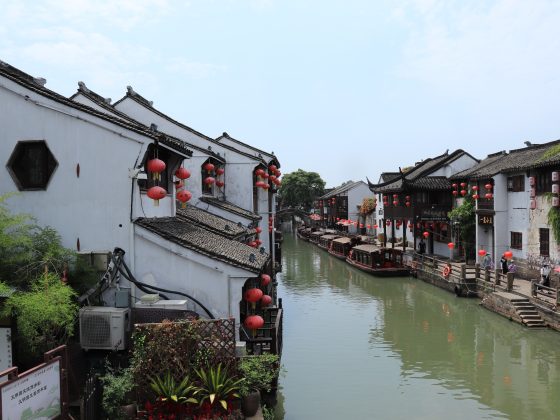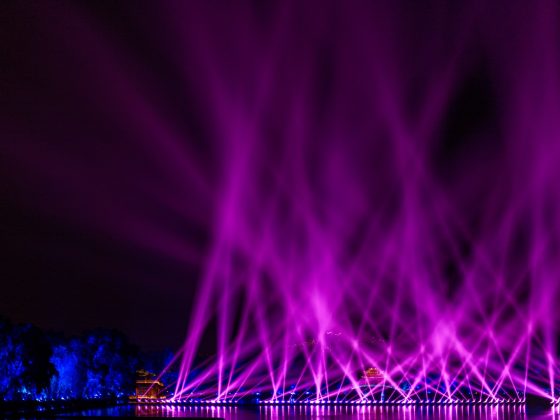The largest city of Namibia and its capital, Windhoek is a vibrant and cosmopolitan destination with a rich culture and history and here are some insights worth knowing before you visit.

Colonial History
Windhoek has a long and complex history that dates to the early 19th century. The city was originally founded as a German colonial settlement in 1890, and interestingly, its name translates to “wind corner”. The Germans used Windhoek as a base for their colonial expansion into the rest of Namibia, and the city grew rapidly as a result.
Distinctive Culture
One of the standout features of the city’s culture is its blend of African and European influences. This is reflected in everything from its architecture to its food, music, and fashion. Many of Windhoek’s historic buildings were constructed during the German colonial era, and they feature a unique combination of European and African styles. This can be experienced by those at Windhoek-based hotels in Namibia by visiting some of the sites mentioned below.
Key Attractions
When it comes to cultural discoveries, you can look to head to attractions like Christuskirche (Christ Church), which is a landmark church in the heart of the city featuring art nouveau and neo-Gothic design styles. Those staying at properties like Avani Windhoek Hotel & Casino can also easily visit the Namibia Craft Centre with its locally made handicrafts, the Independence Museum and the Heroes’ Acre monument, all offering cultural insights.
Food & Music
In Windhoek, you’ll find a range of restaurants serving traditional Namibian cuisine which is a fusion of African and European flavours; popular dishes include potjiekos (a meat and veggie stew), vetkoek (fried dough bread) and exotic mopane worms which are fried caterpillars! Another important aspect of Windhoek’s culture is its music scene; it draws on a range of influences, including African rhythms, jazz, and rock and roll, to create a unique sound that is distinctly Namibian.











